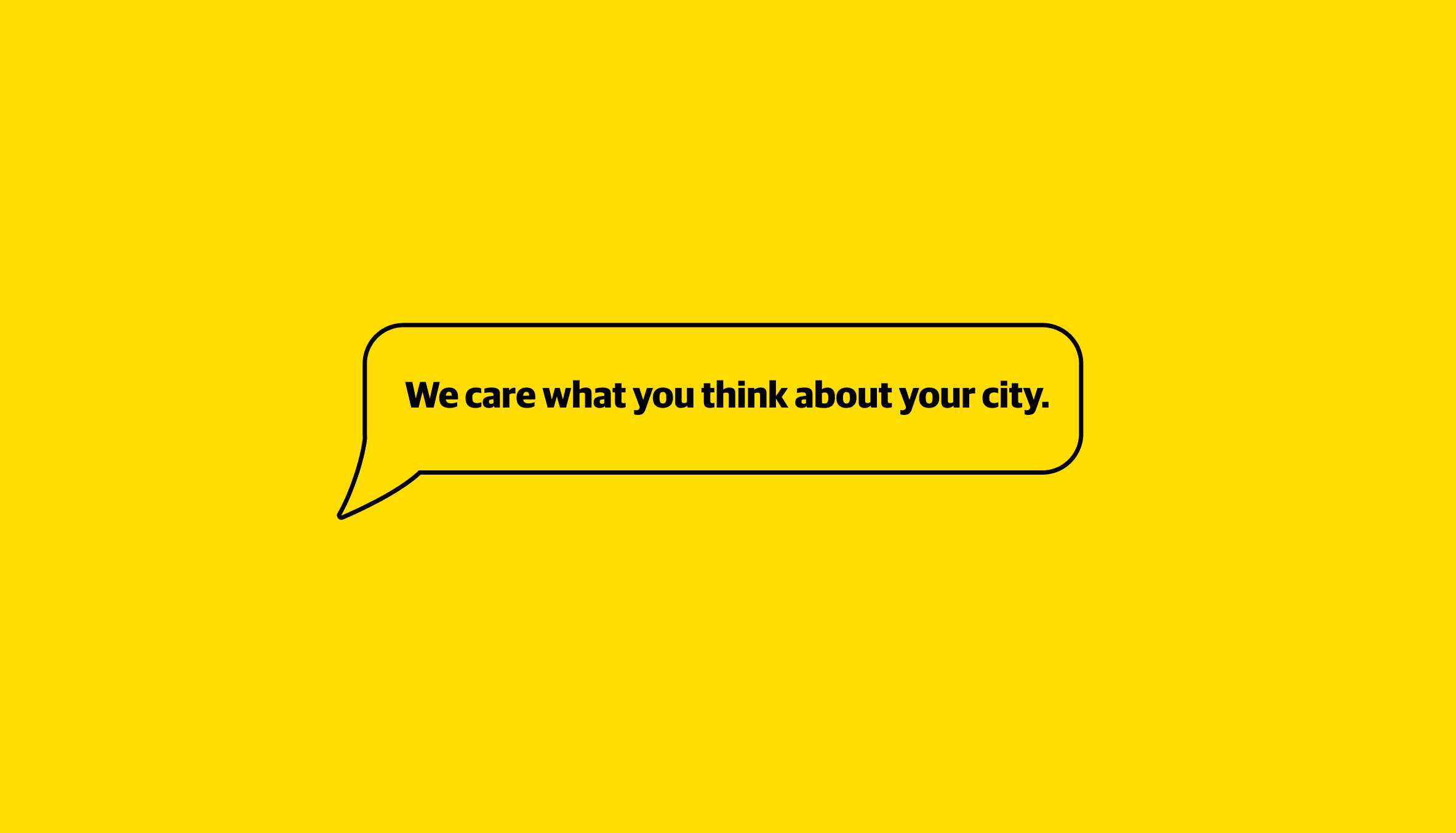What we delivered
Design Sprint
Identifying the root problem
Wellington City Council (WCC) came to us with a problem. They had undertaken a research project to understand the challenges that exist in seeking public feedback on council initiatives. There were two key issues that came out of their findings — many Wellingtonians didn’t know how to give feedback on council projects, and if they did provide feedback, they were unsure if it would be valued and considered.
WCC came up with a digital concept to enable the public to provide feedback on current and upcoming WCC projects and policies. It was important to WCC that Wellingtonians felt included in the city’s planning process.
The WCC Engagement Team approached PaperKite to help navigate the next steps of the project — explore the problem space, challenge and refine the proposed prototype, and rigorously test the prototype with Wellingtonians.
A two phase approach to a MVP
Given that WCC had already gathered some upfront research and insights, our first step together was a PaperKite Inception Workshop. The half day workshop enabled the WCC Engagement Team and core PaperKite Team to align in their understanding of the problem space, start discussing potential solutions, and agree on success measures for the project. It also enabled the group to start building relationships and understand the team dynamics, ahead of starting the Design Sprint phase.
The Inception Workshop was followed shortly afterwards by an intensive four day Design Sprint. This important process follows the core principles of the Google Ventures’ Design Sprints, and works really well to test radical ideas in a low stakes environment. A Design Sprint takes the client and PaperKite teams through a process of exploring the problem, defining a solution, building a prototype and testing with users. The in-depth user interviews at the end of the Design Sprint provide a level of client comfort, that the product offering is either on the mark, or there is clear feedback on what needs to change or evolve. Often, we find that the client team is energised by the Design Sprint process and keen to bring their new design knowledge back to their business and wider team.
The importance of customer journey mapping
Understanding the current “customer journey” and stages where users may drop out of the WCC feedback process, was important to consider up front. Mapping the current feedback process showed there were a variety of ways to provide feedback. While Council-provided information wasn’t as accessible to residents as it could be, people that did provide feedback often weren’t kept in the loop about the outcomes of their feedback or the next steps WCC would take. There were some clear learnings from the current process to evolve a new product.
The benefits of a Design Sprint
We find real value in getting the right people in a room and working through a complex business problem together using the fast paced Design Sprint format. As well as compressing months of work into a single week, it’s invaluable to get fast, early feedback from customers to understand the value of an idea before building it.
We recommend Design Sprints to companies and organisations that are ready to disrupt their industry and want to move faster than their competitors, or to those who feel it can take a long time for new ideas to make headway in their organisation.
Building a long term partnership with the public
WCC agreed to proceed with a phased approach. In addition to building their external relationships with Wellington residents, it was also important for WCC’s Engagement team to build trust in the process internally and provide evidence of the impact that the digital solution could have for both residents and the council. Over time, WCC could continue to build trust with residents by demonstrating good listening and response (proving the value of the new platform and showing Wellingtonians that they have real input into WCC’s decisions, by influencing options and actively engaging with their council).
Key to this project will be quality data, a platform with flexibility to suit all communities, and a digital ecosystem that allows conversations between Wellingtonians and WCC.
Next steps for WCC in their public engagement journey
The Design Sprint process was incredibly valuable for WCC to get some indicative answers to key organisation questions through interview-based user testing. The importance of reassuring residents that their feedback is heard and providing them a simple way to have a conversation with WCC are all important steps in the public engagement solution. Critically, Wellingtonians want to engage with WCC (as long as the medium to do so is simple) and be part of the planning process before projects tackle the formal consultation process. They’re also wanting to be part of a feedback loop on the progress of their big idea.
Funding has been secured for this project, and the Design Sprint prototype will be developed into a light MVP product. With our help, WCC will take a ‘test and learn’ approach to validate their value proposition on a larger scale, and refine the product as we go. The product is intended to be low touch for users, designed to require minimal time and mental energy to use.
“Getting out of the office and working in a different way allowed our team to be so productive and creative, we got more done in four days than we would have in months in the office. I would recommend the process to anyone who is trying to solve a wicked problem.”
— Olivia Stevens, Engagement Advisor, Wellington City Council


